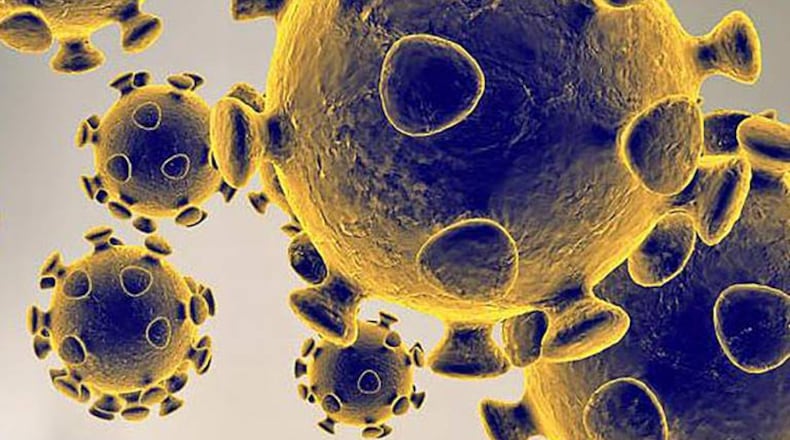>> Coronavirus: Complete Coverage
Public health also is asking groups to consult the agency about planned large gatherings and events.
Everyone in the community should have confidence that public health and its partners have prepared for years for an incident like this and are ready to address this rapidly developing emergency, said Jeff Cooper, health commissioner.
He added that most people in the U.S. still continue to have a low risk of exposure.
There are some exceptions, including people in close contact with people who are infected with the virus such as healthcare and EMS workers and older adults with weakened immune systems and travelers returning from infected areas, Cooper said.
Public health says residents should avoid mass gatherings, whenever possible, and should stay informed and take common sense steps to stay healthy.
>> Gov. DeWine on coronavirus: Now is time to slow the spread, save lives
It’s important not to overreact, but it’s important to be prepared, Cooper said.
Families and residents should make plans in case schools close and there are other disruptions, like they need to remain home if infected.
Residents should stock up on food and other necessities if they get sick and need to stay home.
Coronavirus right now is an epidemic, but it is expected in coming days to become a pandemic, Cooper said.
The incubation period is two to 14 days.
The public health message is the same message as seasonal flu: wash hands, don’t touch your face and avoid sick people.
Coronavirus is spread through close contact, within 6 feet, of infected people, Cooper said.
>> How to get expert answers to your coronavirus questions
The virus is spread through respiratory droplets on surfaces.
People who are sick should stay at home, avoid contact with others, cover your nose and mouth when sneezing and keep objects and surfaces clean and wear a mask.
The general public, who are not ill and not experiencing symptoms, do not need to wear a mask, Cooper said.
The state will test the most vulnerable Ohioans and people at risk of exposure, officials said.
About the Author
